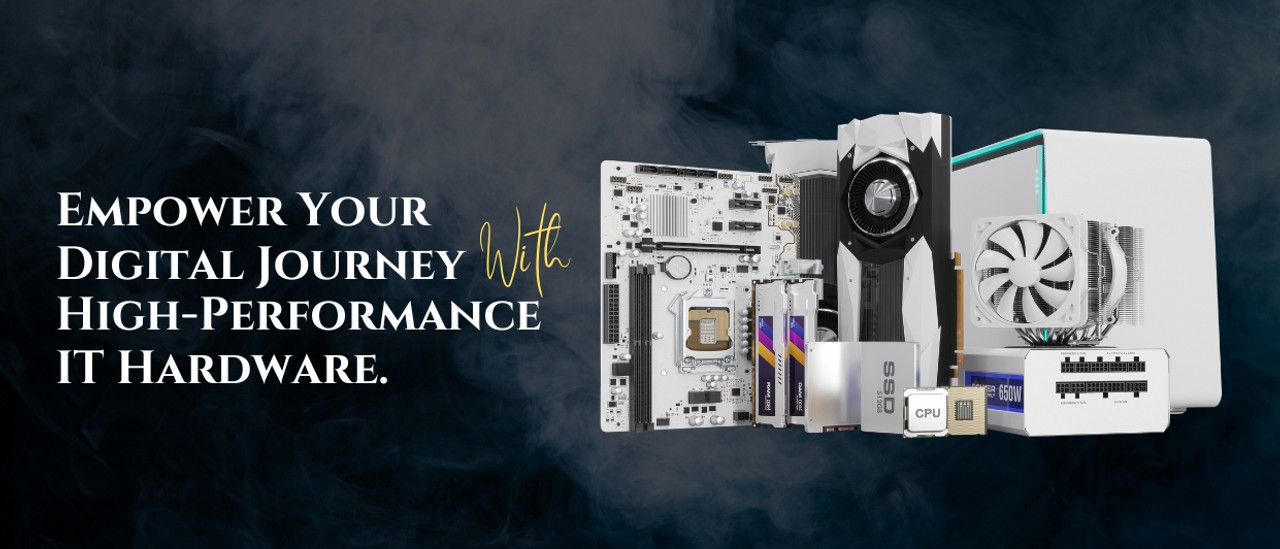Open Essex
Site blog

Laptop memory, also known as RAM (Random Access Memory), is a crucial component in determining your device's performance. RAM temporarily stores the data your laptop needs to access quickly, allowing it to run applications, load files, and switch between tasks without delays.
Types of Laptop Memory
When it comes to laptop memory, there are several types to consider. The most common are DDR3, DDR4, and DDR5. DDR stands for Double Data Rate, and each generation represents an improvement in speed, efficiency, and power consumption.
-
DDR3: This is the older generation of memory and is now less common in new laptops. It still offers decent performance but at a slower rate compared to its successors.
-
DDR4: Currently the most popular choice, DDR4 provides faster speeds and lower power consumption compared to DDR3. It’s widely available and suitable for most users.
-
DDR5: The latest in laptop memory technology, DDR5 offers significantly higher speeds, making it ideal for gamers, content creators, and anyone who demands high performance.
How Much Memory Do You Need?
The amount of RAM you need depends on your usage. For light tasks like web browsing and document editing, 8GB of RAM should suffice. However, if you’re running multiple applications simultaneously or engaging in resource-heavy tasks like gaming or video editing, you may want to opt for 16GB or even 32GB of RAM.
Why Is Laptop Memory Important?
Laptop memory is vital for ensuring smooth multitasking and fast processing speeds. Insufficient RAM can cause your laptop to slow down, freeze, or crash when handling multiple applications. Upgrading your RAM can give your laptop a significant performance boost, especially when running more demanding software.
Choosing the Right Memory for Your Laptop
When upgrading or purchasing laptop memory, ensure compatibility with your device. Most laptops support DDR4 memory, but it’s essential to check your device’s specifications. Additionally, consider the maximum RAM capacity your laptop can handle, as some devices may not support higher capacities.
Conclusion
Laptop memory is an integral part of your device’s overall performance. Understanding the different types and how much RAM you need can help you make an informed decision when purchasing or upgrading. Whether you're upgrading your current laptop or buying a new one, optimizing your memory can enhance speed, efficiency, and your overall user experience.